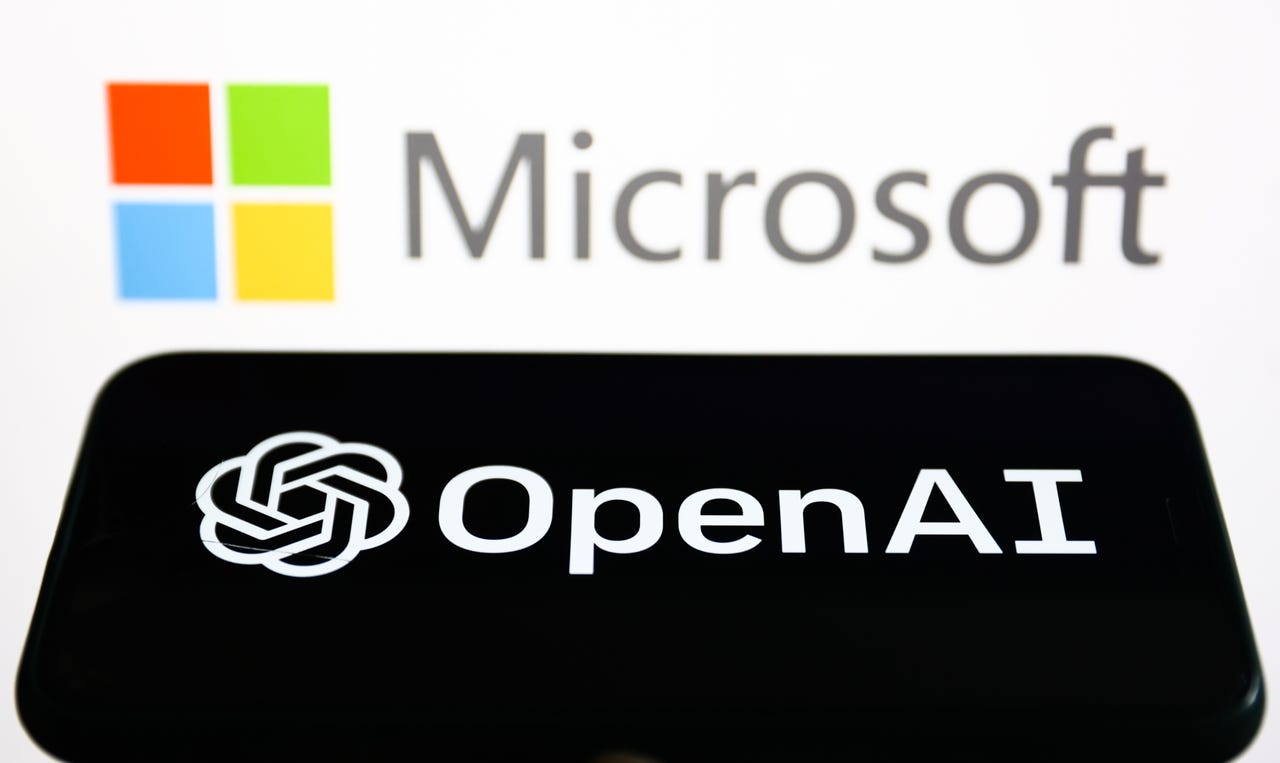Microsoft just made a huge investment in ChatGPT maker OpenAI. Here's why


Microsoft has been working with OpenAI since 2019, before OpenAI became a massive hit with its AI services, such as ChatGPT and DALL-E. And now Microsoft has said it will be extending the partnership with a multi-year, multi-billion dollar investment.
The investment will continue to fund the AI company's research and help develop technology that is "increasingly safe, useful and powerful," according to OpenAI.
Also: What is ChatGPT and why does it matter? Here's everything you need to know
Microsoft said it will deploy OpenAI's models across its consumer and enterprise products, and "introduce new categories of digital experiences built on OpenAI's technology".
Neither company has disclosed the value of the investment, but sources have revealed it will total $10 billion over multiple years, according to Bloomberg. This funding follows the initial investment Microsoft made in 2019 worth $1 billion, and the $2 billion in the years after.
Such a big investment might seem like a high risk for Microsoft. However, the return on investment looks promising, according to Gartner analyst Jason Wong, who focuses on Microsoft.
"Gartner predicts that by 2025, the market for AI software will reach almost $134.8 billion," said Wong. "Based on this projection, there should be plenty of runway for Microsoft to achieve a positive ROI from their OpenAI partnership."
Microsoft's Azure service will be OpenAI's exclusive cloud computing provider, powering all OpenAI workloads across research, products, and API services.
Also: How to use DALL•E 2 to turn your wildest imaginations into tangible art
"AI is becoming the next defining technology of cloud computing, and a secret sauce for applications built and running on the cloud," said Wong. "This exclusive partnership between Microsoft and OpenAI to run on Azure Cloud for all OpenAI research, API and products will draw in both businesses and the next wave of tech startups building on the cloud to create new value."
Microsoft recently announced the availability of its Azure OpenAI Service, allowing businesses to take advantage of OpenAI's models with added enterprise benefits. The press release about this fresh round of investment highlighted details from that earlier announcement, while also emphasizing the company's intent to make its services more broadly available.
"In this next phase of our partnership, developers and organizations across industries will have access to the best AI infrastructure, models, and toolchain with Azure to build and run their applications," said Microsoft CEO Satya Nadella.
Also: I spent an hour with a new, ChatGPT-inspired AI chatbot, and I may die laughing
ChatGPT's immense success since launching in November likely provided additional impetus for Microsoft's investment. Within one week of launching, the chatbot garnered over one million users. When visiting the ChatGPT site now, you are often met with an "at capacity" message because of how many people are on it and the server not being able to process your request.
Currently, the chatbot remains free, but in January, OpenAI announced on its Discord server that soon a paid, professional version might be available to the public. The research AI company even posted a waitlist, which indicates that the new service will provide users with a service that is always available (no blackout windows), fast responses from ChatGPT, and unlimited messages.
However, there have been a few bumps in the road already: Stack Overflow in December banned ChatGPT-generated answers temporarily after users submitted answers to coding problems that looked plausibly correct but were actually bogus. And due to concerns about negative impacts on student learning, and the safety and accuracy of content, access to ChatGPT was also banned from New York City Schools' networks and devices.
The investment comes after Microsoft announced a huge round of layoffs, with 10,000 employees losing their jobs, as the company attempts to align cost with revenues and customer demands, according to Nadella.